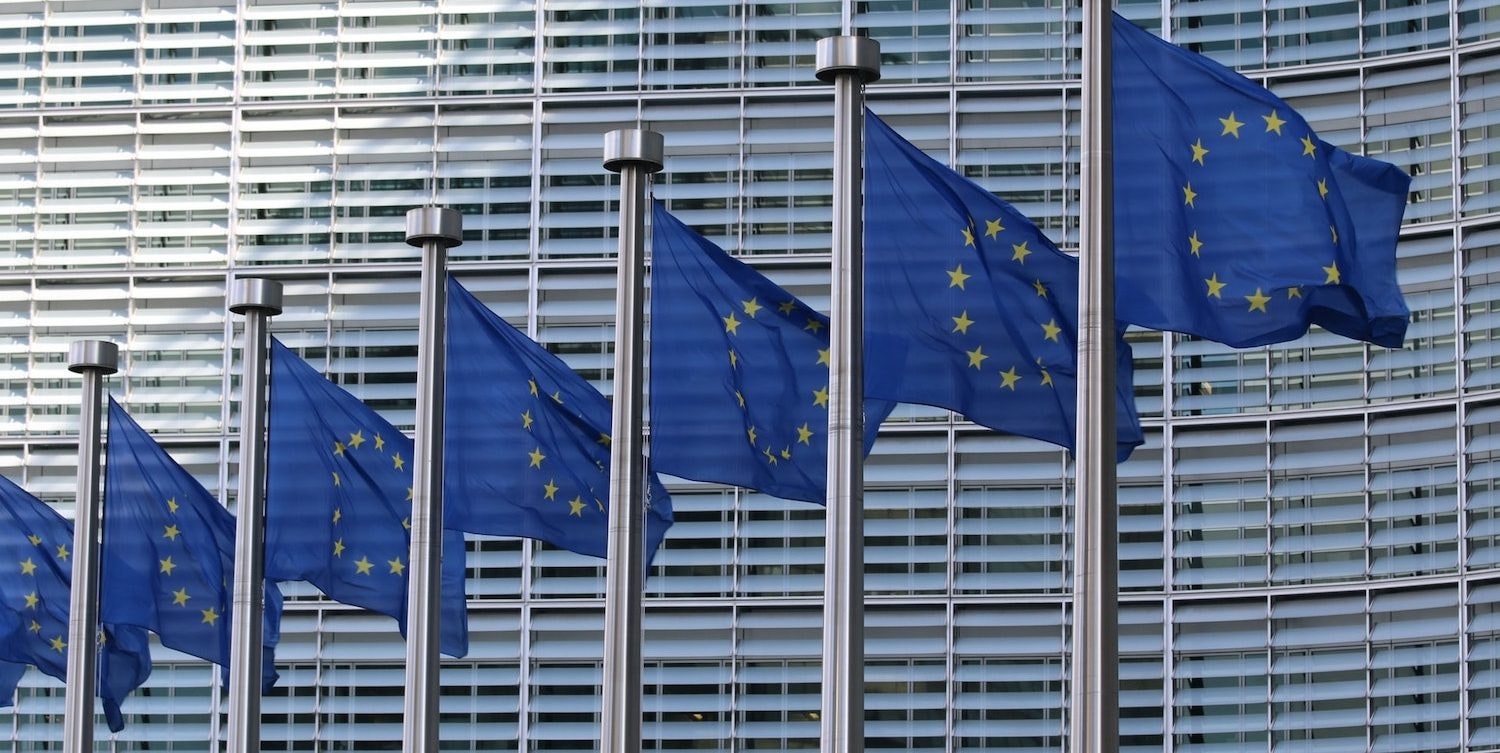Over two months after the chaotic results of France’s snap parliamentary election, the country finally has a new government.
Former European Commissioner Michel Barnier, who was named prime minister by French president Emmanuel Macron two weeks ago, has unveiled his new cabinet that will govern the country under his leadership.
Nearly 40 ministers and secretaries of state have been appointed, forming a government comprised largely of Macron-leaning centrists, and members of right-wing parties. Barnier himself is from rightwing party Les Républicains (LR).
And while supporters of the left-wing coalition Nouveau Front Populaire (NFP) — which won the biggest vote share in the election — will be disappointed about their lack of representation, founders and VCs seem reassured after many weeks of political limbo.
A painful process
Forming the government has been a long and painful process. The election in July resulted in a hung parliament, in which neither NFP, Macron’s Ensemble political group or the far-right party Rassemblement National (RN) secured a majority.
It left Macron with the difficult task of setting up a government that stands a chance of getting parliamentary approval to pass laws and outline key texts like the budget.
Many in the French tech ecosystem, which has largely benefitted from Macron’s tenure over the past seven years, have been worrying about the prospect of a significant shift in government — whether to the right or to the left. Some feared that a step away from Macron’s startup-friendly stance might hinder France’s emergence as a leading tech hub in Europe.
“In the last 10 years, initiatives set up in France — like launching the organisation ‘La French Tech’, the action of public bank Bpifrance, Paris-based startup campus Station F, mechanisms like stock options [...] and global conferences like VivaTech — have enabled the French startup ecosystem to grow and shine in Europe and beyond,” Alexandre Prot, the founder of French fintech unicorn Qonto, tells Sifted.
“It’s important that this environment, which favours the development of new French and European tech companies, persists.”
A tech-friendly government?
So far, Barnier’s new cabinet has mostly been welcomed by the tech sector. “It’s a government that understands France’s need to be competitive, how the dynamics of international investments work and what boxes we need to tick to keep attracting investors,” says VC Founders Future founding partner Marc Ménasé.
This is partly due to the appointment of Clara Chappaz, who is taking on the role of secretary of state for AI and digital. Chappaz led ‘La Mission French Tech’ — the government organisation dedicated to startups — for the past three years.
She’s an established figure in the sector, and many see her appointment as a positive signal for the ecosystem.
“We know her very well, we’ve worked with her since she was nominated for her role with La French Tech, and she’s done a great job,” Véronique Torner, the president of Numeum, a union that represents French tech companies, tells Sifted.
But, despite a positive start, all eyes are now on the government’s next steps — and whether they will tangibly contribute to supporting tech.
Founders and VCs will be watching closely in the coming weeks as Barnier’s government drafts a proposal for the country’s 2025 budget — a task made harder by the European Council launching formal action against France last July for breaking the bloc’s budget rules due to the country’s excessive deficit.
It means that the government will be looking for ways to reduce the deficit — and Barnier has already hinted that he will be looking at increasing taxes.
“The government is under constraint,” says Ménasé. “There are choices that will need to be made, and I hope that this won’t mean leaving behind things that were productive [for startups].”
Increasing the ‘flat tax’ — which was introduced by Macron in 2018 to keep tax on capital gains, dividends and interests at 30% — or corporate tax, which are both rumoured to be possible government proposals, could have negative consequences, according to Ménasé.
“These are things that will need to be done tactfully, because they could discourage investments,” he says.
Uncertain future
It’s still unclear how long exactly Barnier’s government will remain in charge. The earliest that another snap election could take place is June 2025 — and the far-right RN has already called for it to take place. This could result in a whole new government being appointed.
Uncertainty does not mix well with business, and some worry that the current situation will also impact France’s attractiveness for foreign investors.
“I’m travelling a lot right now to meet our foreign investors, to explain the situation to them,” says Ménasé.
“We must not give up on the initiatives that enable France to stand out abroad — even more so after the feeling of destabilisation that people have seen.”



